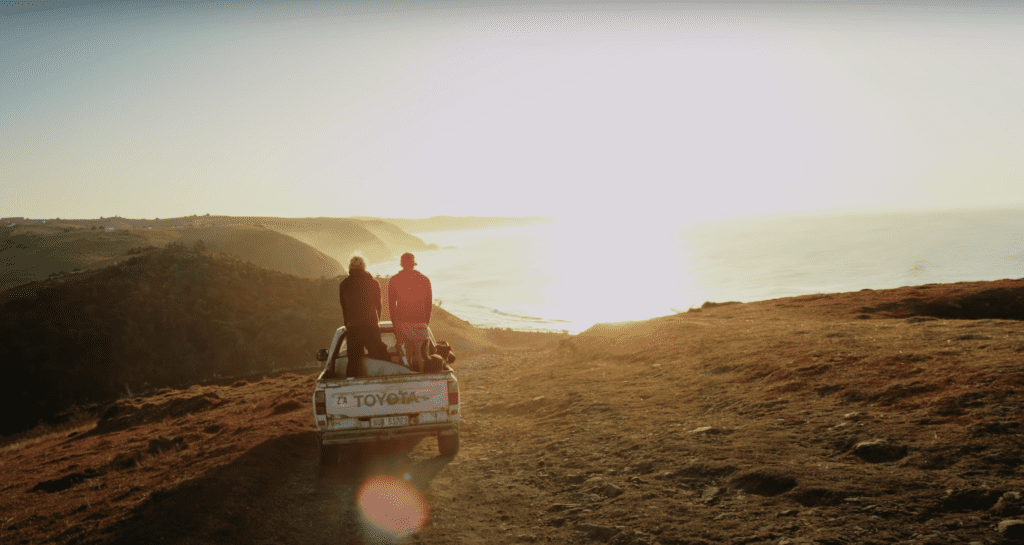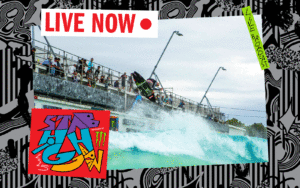What Is Shell Doing In The Transkei?
Big oil plans to conduct seismic testing on South Africa’s most pristine, wild coastline.
The Transkei is an area of SA’s wild coast that stretches 300 kilometers from the city of Zithulele, north of J-Bay, to Port Edward, south of Durban. The Kei River (ala the trans-Kei) runs through the guts of it irrigating the region’s lush pastures and thriving marine ecosystem that includes big, fuck-off great whites, bull and tiger sharks, various whale species, dolphins, fish, and more.
Home to an almost homogenous Xhosa population who live in very cute turquoise circular mud huts with cone-shaped thatch roofs called ‘rondavels’ featured in many a surf flick, it is a wave- and culturally-rich region unspoiled by the influences of Cape Town and Durban’s chaotic urban sprawl.
Shell, an Anglo-Dutch multinational oil and gas company valued at $380 billion dollars, recently announced it has appointed Shearwater GeoServices to conduct a three-dimensional (3D) offshore seismic survey from Morgan Bay to Port St Johns, to map potential deposits of oil and gas under the seabed. The announcement, as expected, triggered intense outrage and fuelled human beings’ love for debate.
Here’s the proposal in short:
- Shell plans to begin seismic exploration of the Transkei 20 kms off its shoreline next month for oil and gas operations
- The survey will cover an area of about 6,011 square km located roughly between Port St Johns and Morgan’s Bay.
- The ships will emit extremely loud shock wave emissions that penetrate through 3km of water and 40km into the Earth’s crust below the seabed. The ship will work around the clock, firing the air guns every 10 seconds. Seismic blasts can be heard by marine animals more than 100kms away.
- Several studies have shown seismic testing reduces cetacean (whales) wildlife sightings
- The short- and long-term impact of seismic testing has been heavily under-studied
- A recent independent Australian study found that there was no effect of seismic testing on fish populations and behaviours
Is this another textbook example of a multinational pillaging the environment of a lesser developed nation for the purposes of turning a dirty buck out of fossil fuels? Or is this simply a necessary evil that comes with a developing nation’s economic prosperity?

The upside (if approved) will be the profits for a few at the expense of the many, jobs, business injections, shareholder revenue. The downside is a dirty, environmentally taxing, carbon-emitting energy source that may have a much broader, long-term impact on climate, ecology, and so on.
Australia currently leans on fossil fuels for 93% of energy supply and ranked last in the world from the 193 surveyed countries in the sustainable development report issued by the UN last year, which is to say we have and continue to benefit from the pillaging of unreplenishing natural resources. We are hardly in a position to preach from our ivory tower.
At present 319,000 people have signed a petition objecting to the Shell and CGG seismic survey on the wild coast.
More as this develops.













Comments
Comments are a Stab Premium feature. Gotta join to talk shop.
Already a member? Sign In
Want to join? Sign Up